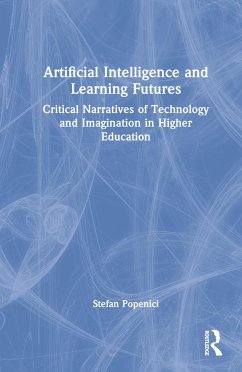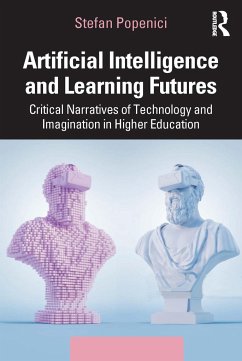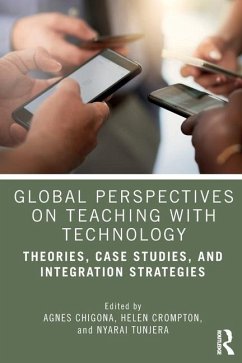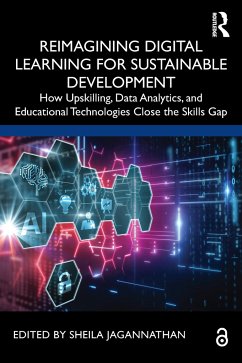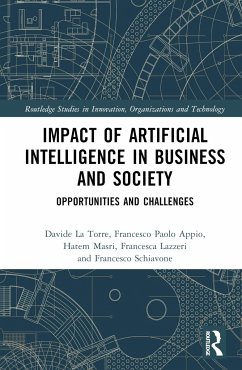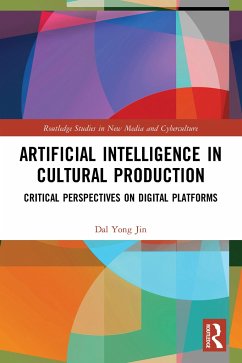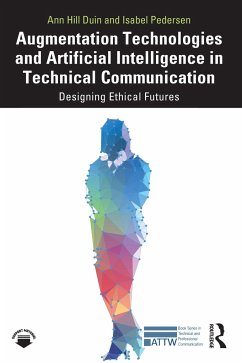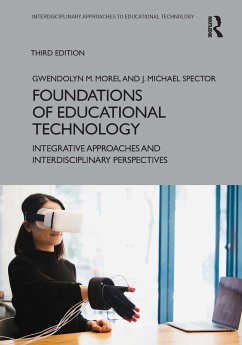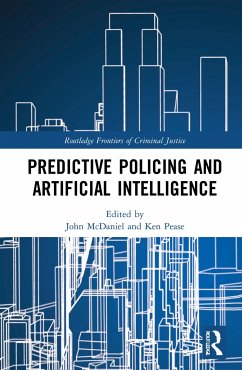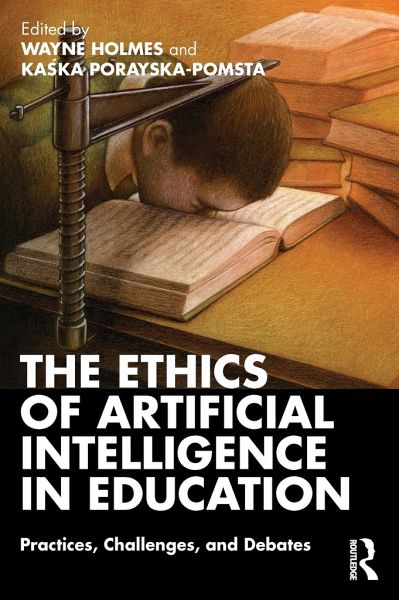
The Ethics of Artificial Intelligence in Education
Practices, Challenges, and Debates
Herausgegeben: Holmes, Wayne; Porayska-Pomsta, Kaska
Versandkostenfrei!
Versandfertig in 6-10 Tagen
43,99 €
inkl. MwSt.

PAYBACK Punkte
22 °P sammeln!
The Ethics of Artificial Intelligence in Education identifies and confronts key ethical issues generated over years of AI research, development, and deployment in learning contexts. Adaptive, automated, and data-driven education systems are increasingly being implemented in universities, schools, and corporate training worldwide, but the ethical consequences of engaging with these technologies remain unexplored. Featuring expert perspectives from inside and outside the AIED scholarly community, this book provides AI researchers, learning scientists, educational technologists, and others with q...
The Ethics of Artificial Intelligence in Education identifies and confronts key ethical issues generated over years of AI research, development, and deployment in learning contexts. Adaptive, automated, and data-driven education systems are increasingly being implemented in universities, schools, and corporate training worldwide, but the ethical consequences of engaging with these technologies remain unexplored. Featuring expert perspectives from inside and outside the AIED scholarly community, this book provides AI researchers, learning scientists, educational technologists, and others with questions, frameworks, guidelines, policies, and regulations to ensure the positive impact of artificial intelligence in learning.





